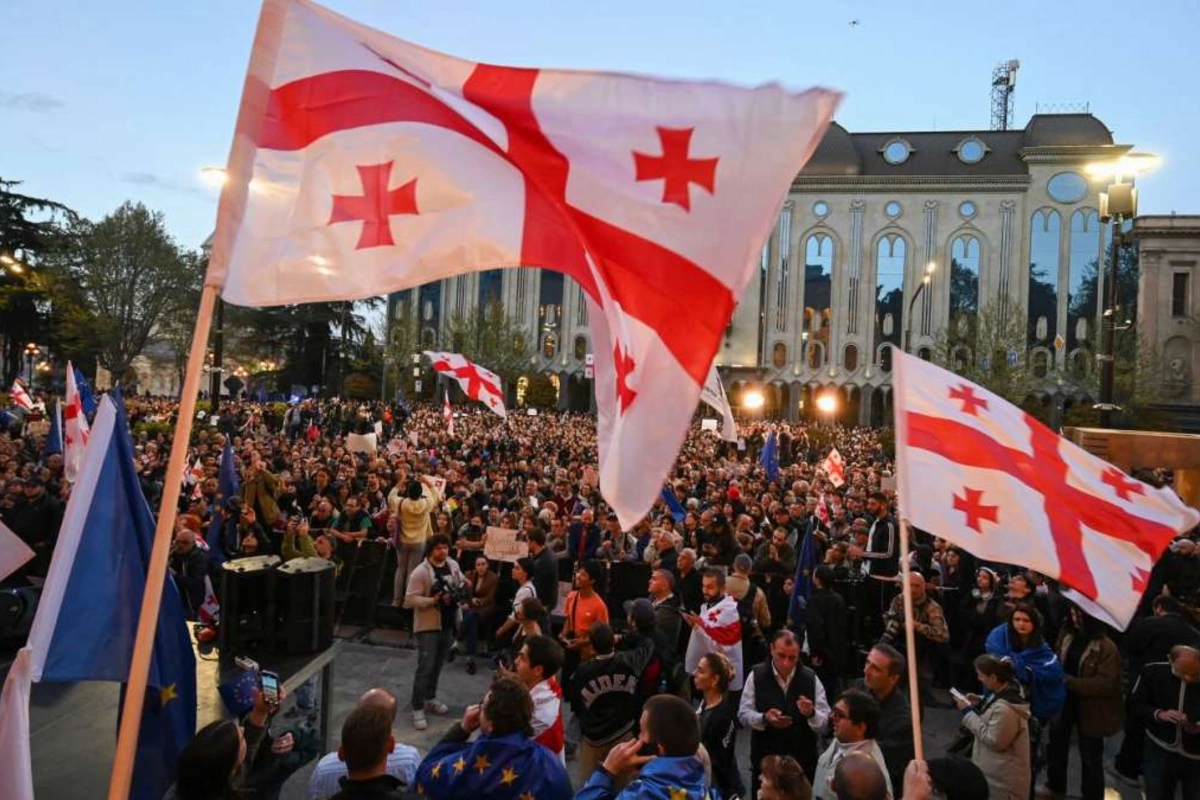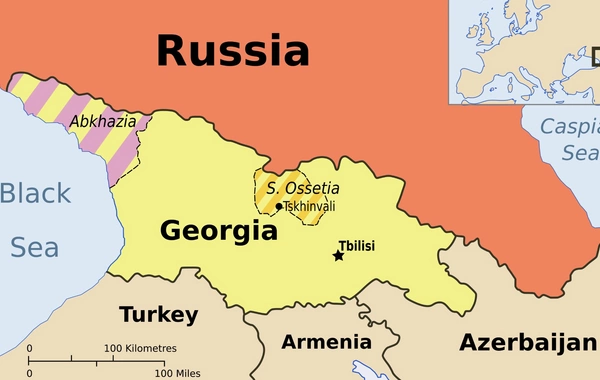
Numerous allegations of electoral fraud have emerged, yet opposition protests have lacked the enthusiasm seen during past crises like the 2019 “Gavrilov affair” or the 2023 adoption of the foreign agent law.
Getty images
The post-electoral situation in Georgia has turned out to defy most forecasts, whether from pro-government circles or opposition supporters. The Georgian Dream's (GD) victory has not been convincing enough to persuade everyone that it reflects a clear choice by the Georgian people. Numerous allegations of electoral fraud have emerged, yet opposition protests have lacked the enthusiasm seen during past crises like the 2019 “Gavrilov affair” or the 2023 adoption of the foreign agent law. Without significant external support, the momentum behind these protests is likely to fade, as the dissatisfaction does not appear strong enough to mobilize large crowds or substantially pressure the government.
Georgia’s complex relationship with Russia also raises questions. While the two countries lack diplomatic relations and parts of Georgian territory remain under Russian occupation, bilateral trade has grown in recent years. Georgia has even played a notable role in re-exporting sanctioned goods to Russia. However, further rapprochement seems unlikely unless Moscow takes radical steps, such as withdrawing recognition of Abkhazia and South Ossetia's “independence” and supporting their reintegration into Georgia. Without addressing these issues, a deeper relationship with Russia would be difficult to envision, given the sensitivity of these matters for the Georgian public.
On the regional stage, Georgia has shown interest in mediating between Azerbaijan and Armenia. Its role in facilitating a prisoner exchange in 2021 demonstrated its capacity to act as a neutral party. However, external powers often seek to dominate the negotiation process, complicating Georgia’s ability to serve as an effective mediator. While Tbilisi remains a trusted partner for both Baku and Yerevan, the broader geopolitical competition reduces the likelihood of successful mediation efforts.
The potential re-election of Donald Trump as U.S. President adds another layer of uncertainty to the geopolitical dynamics in the South Caucasus. It remains unclear how much attention his administration would devote to external affairs versus domestic priorities. Statements from Trump’s team, including figures who have supported Armenia, may not necessarily translate into concrete actions. Moreover, the administration’s expected anti-Iranian and pro-Israeli stance could lead to closer ties with Azerbaijan, given its strategic importance in the region.
Finally, the ongoing negotiations between Azerbaijan and Armenia highlight both progress and challenges. While significant advances have been reported on issues like the Zangezur road and border delimitation, external influences, particularly from France and Iran, continue to complicate talks. Although approximately 90% of the peace treaty has reportedly been agreed upon, the remaining points are contentious and influenced by broader geopolitical dynamics. The situation remains fluid, and predicting its outcome is challenging given the interplay of regional and global factors.
In conclusion, Georgia finds itself navigating a complex political and geopolitical landscape. Balancing domestic unrest, relations with Russia, and aspirations as a regional mediator, the country faces significant challenges that will shape its future trajectory.
Share on social media

Numerous allegations of electoral fraud have emerged, yet opposition protests have lacked the enthusiasm seen during past crises like the 2019 “Gavrilov affair” or the 2023 adoption of the foreign agent law.